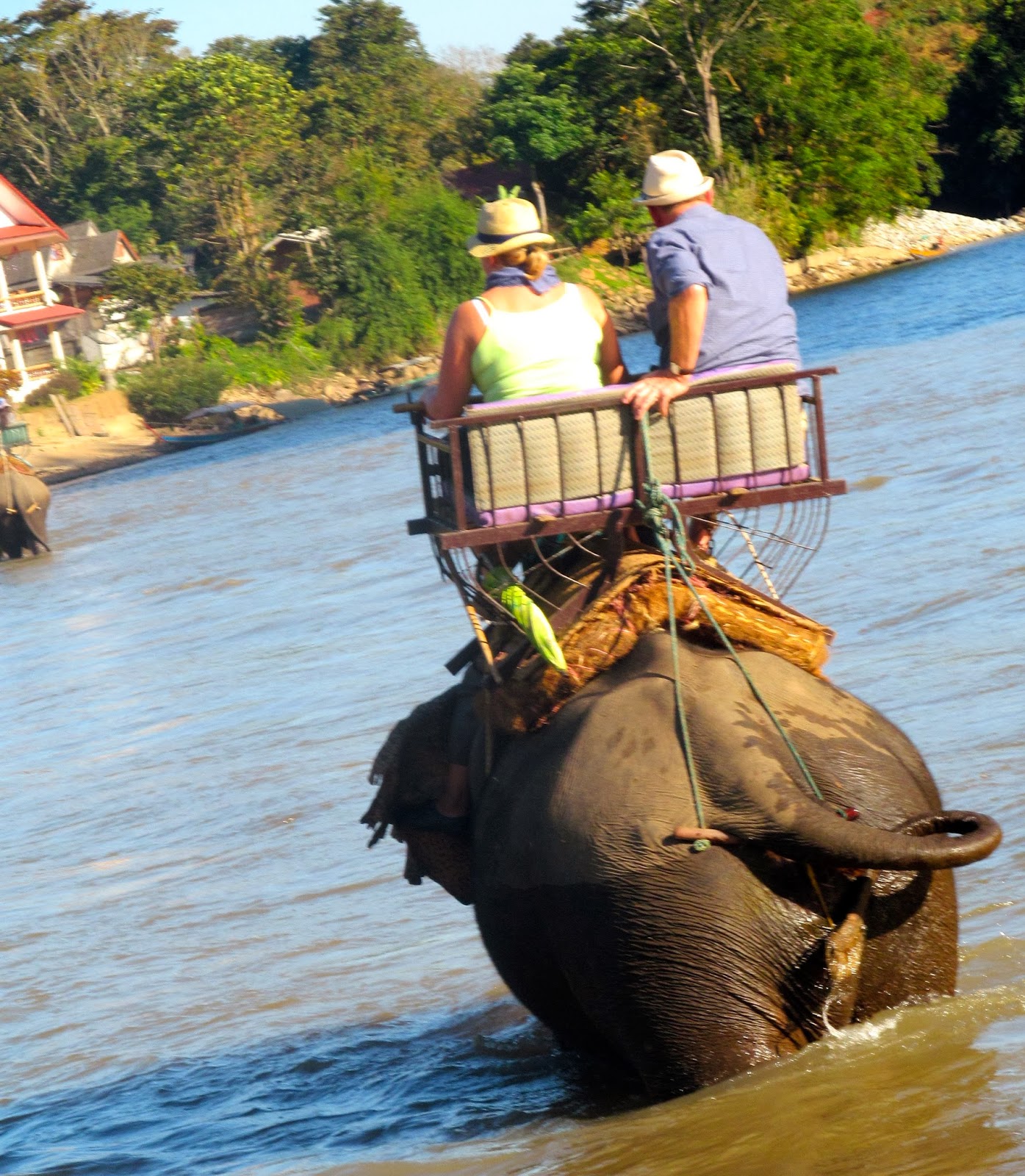India is changing. It’s been four years
since I first came to India, and, since then, I have spent an accumulated 9
months here. India has inspired change in me, and, what I’m noticing this year,
is that India is changing.
There is orderliness in parts of India that I never noticed was here before. The roads through Bangalore are paved and there are the beginnings of a Metro that will take you right through the city from the airport. That will eliminate much of the traffic that is a daily part of Bangalore life. Escalators are available now in most train stations to make it easier for people to access the appropriate track for trains.
Since my first trip to India I think I have become more accepting, less judgemental. Some people say I’m ‘naïve’ but I don’t think that’s true. I see things in reality, and reality has good and bad. I see them both. I am aware of the possibilities of ‘bad’ and anticipate the possibility. I expect good however, and, I have to say, generally, that becomes my experience. We live in an absolutely beautiful world!
Perhaps that’s the nature of our world
right now. Our world is changing rapidly. India represents one extreme and
North America another. Environmental deterioration (and repair), advancement in
technology, varied and simpler forms of communication, easy and quick
transportation, all make it easier for us to learn about each other. The
prospects of ‘East meets West’ is becoming more of a reality!
This morning, as I go into the kitchen to
say good morning to Soba, the caretaker of the apartments where we stay, I
notice that she is dividing the garbage from the kitchen bin. “What are you
doing? I ask. “Plastic” she says as she adds to the small pile of plastic
products on the counter, “and
paper”. There is an awareness that
was never here before. I become more aware of the piles of plastic bottles
scattered on the streets. They are undoubtedly destined for somewhere in
particular. An awareness of the need to separate is being acted on.
There is orderliness in parts of India that I never noticed was here before. The roads through Bangalore are paved and there are the beginnings of a Metro that will take you right through the city from the airport. That will eliminate much of the traffic that is a daily part of Bangalore life. Escalators are available now in most train stations to make it easier for people to access the appropriate track for trains.
As we exit the station in Ernakulum to find
a tuk tuk to get to Kochi, we realize that there is an absence of bombardment
from the drivers outside the station. A queue of people are orderly standing
for tickets. “Wow” I say. “This is so civilized!” “Police enforced” explains
the woman in front of me. A signs reads “Prepaid rickshaw service”. What a
concept! Standing on line, waiting our turn, and receiving a guaranteed price
ticket to take us to where we wanted to go!!! No haggling with the price. No bargaining.
No riding away feeling we’ve been ripped off! I like this! I would think it
changes the disposition and attitudes of the drivers too!
A woman in a nearby village is physically
abused by her husband, while we are staying with friends in Bangalore. It used
to be, for the most part, that women are unaware of choices to protect them and
their future. Now, women are seeking refuge, and looking for support from
police and public organizations. The woman fled with her daughter to the place
where we were staying. Days of staying and lots of conversation help her to see
that calling police can lead to help and support, not more danger. She does
call the police. They do come and
listen and record the incident. I’m not sure if they’re at a place of charging
and convicting the perpetrator, but they certainly are a little bit closer.
Sometimes I’m not sure if my outer
surroundings are changing or if it’s my inner being perceiving differently.
Maybe my love for India and my extreme comfort of being here influences the way
I see things. People who have travelled here often say “India is so filthy
dirty and the poverty is too hard to take. It smells and people just don’t take
care of themselves or their country”. I suppose I see all that. But most
significantly I see the other extreme. People are clean here. It’s not unusual
to witness morning washing rituals out in the streets. Teeth brushing, body
cleansing, bathing are often public. The garbage is evident all over the
streets and in waterways. I also witness the cleaners in the parks and in the streets
sweeping up the debris from last night’s activities. And the shopkeepers clear
their store fronts daily. There’s an awareness of environmental clean up and an
attempt to understand. I see such beauty here!
Since my first trip to India I think I have become more accepting, less judgemental. Some people say I’m ‘naïve’ but I don’t think that’s true. I see things in reality, and reality has good and bad. I see them both. I am aware of the possibilities of ‘bad’ and anticipate the possibility. I expect good however, and, I have to say, generally, that becomes my experience. We live in an absolutely beautiful world!





























